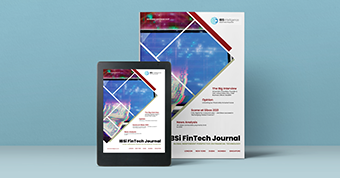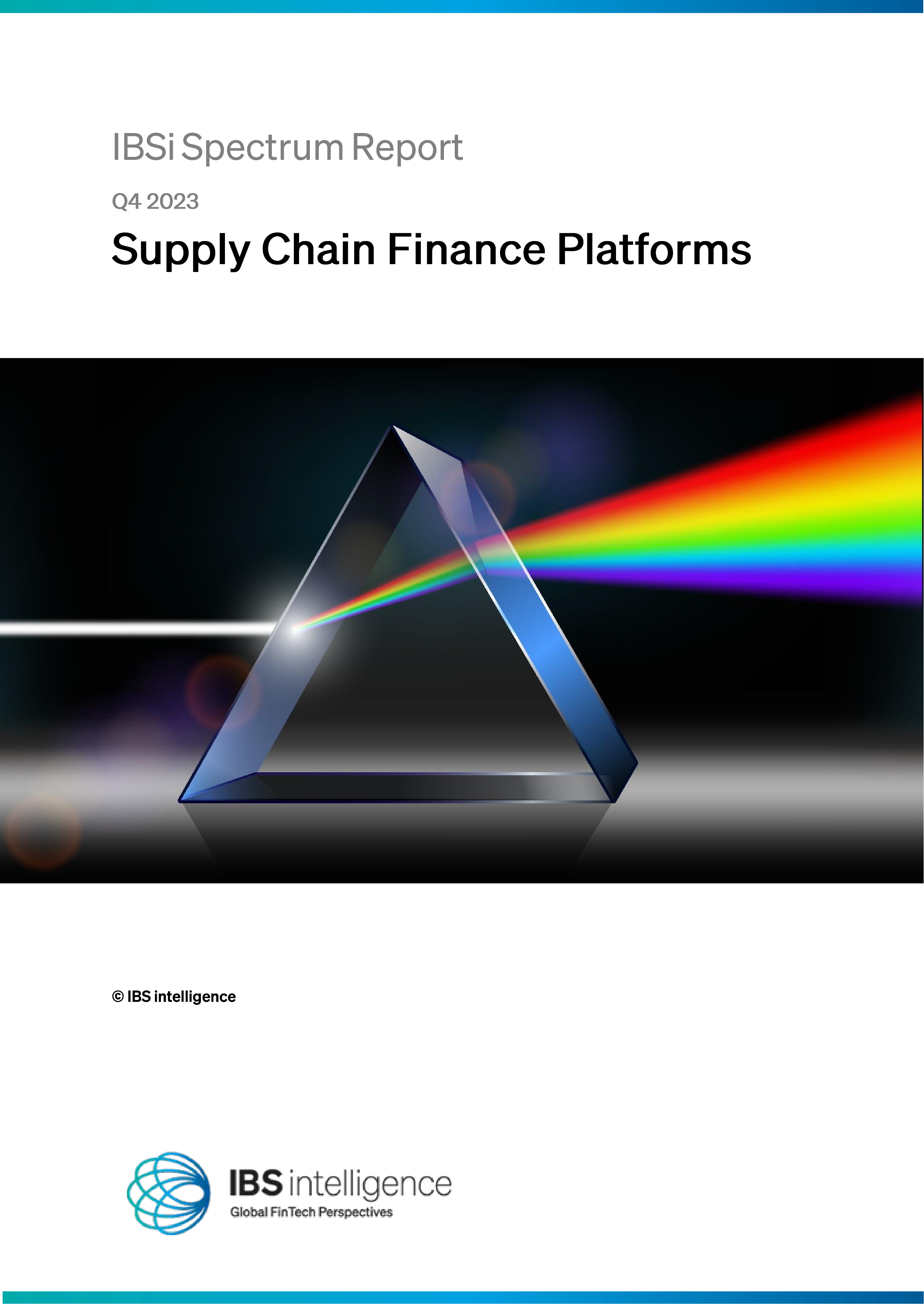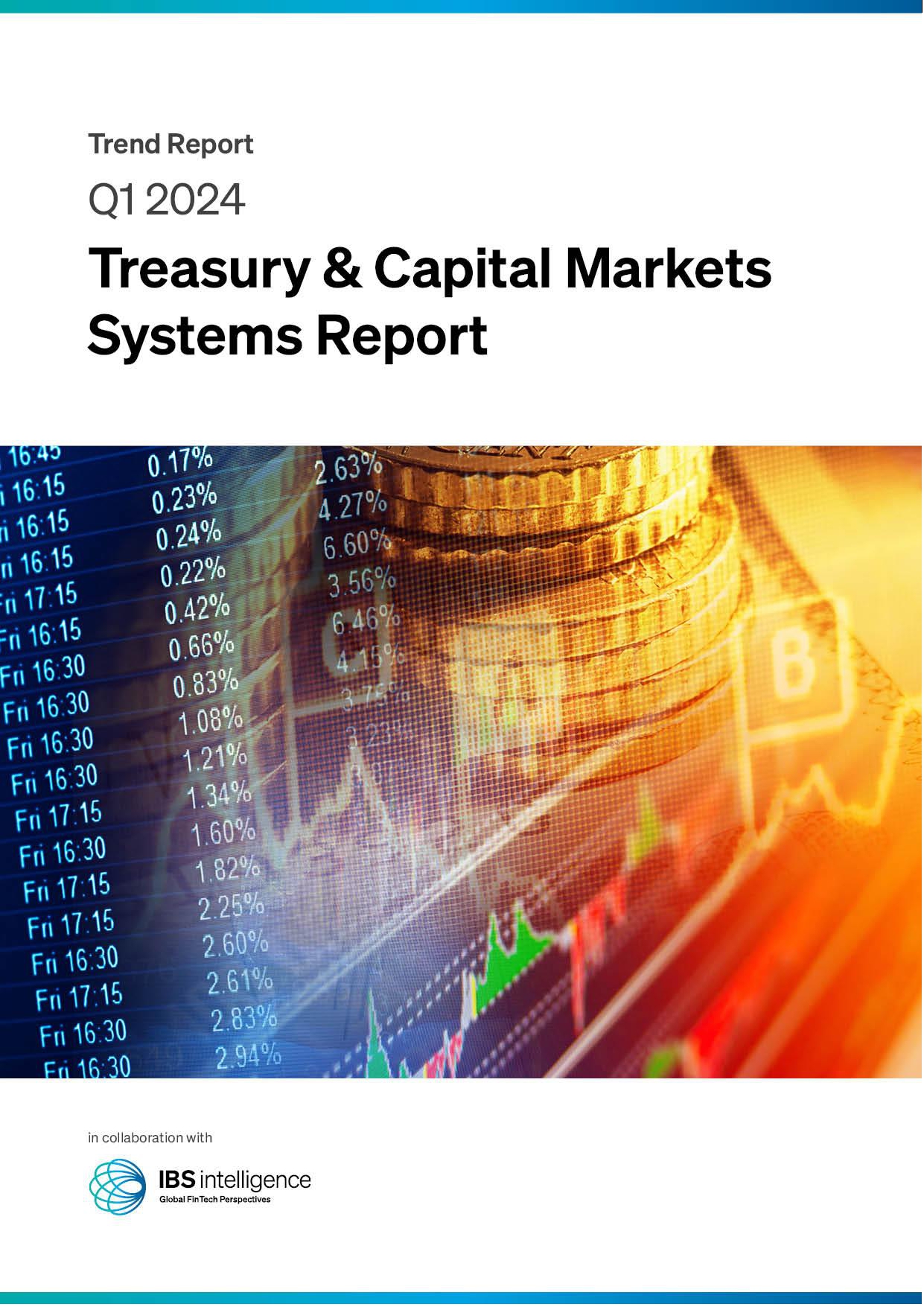 Back
Back
5 personal finance advices for new graduates to have the right financial footing
By Pavithra R
 Graduating in 2021, while the world is still dealing with the economic ramifications of the COVID-19 pandemic may feel daunting. Laura Cole, director of the Masters Investment Learning Center at the University of Tennessee, Knoxville’s Haslam College of Business, outlines 5 personal finance tips for new college graduates to start off on the right financial footing.
Graduating in 2021, while the world is still dealing with the economic ramifications of the COVID-19 pandemic may feel daunting. Laura Cole, director of the Masters Investment Learning Center at the University of Tennessee, Knoxville’s Haslam College of Business, outlines 5 personal finance tips for new college graduates to start off on the right financial footing.
1. Measure your wealth
As a recent college graduate, have a clear picture of your financial situation. Determine your net worth by figuring out how much you own versus how much you owe. If you own any students loan, make it your goal to be able to select reasonable repayment plans to reduce what you owe.
2. Create a budget.
Budget creation starts with tracking where your money comes from and where it goes in a given month. Account for all sources of income and be realistic about variable expenses such as food, clothing and entertainment, as well as fixed expenses such as rent, loan payments and insurance. To create a simple budget, many financial experts advise using the “50/30/20” rule.
3. Build an Emergency Fund
Be sure to save money for emergencies. Set aside at least $500 each month, and gradually increase that amount until a substantial amount is saved to cover all personal expenses for six months. Keep the emergency fund in a high-yield cash management or money market account, or in a liquid savings account where you can access the money quickly if necessary.
4. Establish a Retirement Plan
If your employer offers a 401(k)-retirement account, arrange a process to transfer money from paycheck directly into 401(k). Some employers match employee contributions up to a given amount, so contribute enough to get the full match. If your employer doesn’t offer a 401(k), set up an individual retirement account, such as a Roth IRA, through an online broker.
5. Use credit and credit cards wisely
Credit cards help build credit, as does repaying loans in a timely manner. To keep your credit score healthy, use less than 30 percent of your credit limit in any given month, and pay off credit cards monthly.
ALSO, READ: Payments & Cards Systems and Suppliers Report 2021
IBSi Daily News Analysis

April 26, 2024
5
Two-thirds of financial leaders warn weak cybersecurity defences are risking UK growth
Read MoreIBSi FinTech Journal

- Most trusted FinTech journal since 1991
- Digital monthly issue
- 60+ pages of research, analysis, interviews, opinions, and rankings
- Global coverage
Other Related News
Related Reports

Sales League Table Report 2023
Know More
Global Digital Banking Vendor & Landscape Report Q1 2024
Know More
Wealth Management & Private Banking Systems Report Q1 2024
Know More
IBSi Spectrum Report: Supply Chain Finance Platforms Q4 2023
Know More






